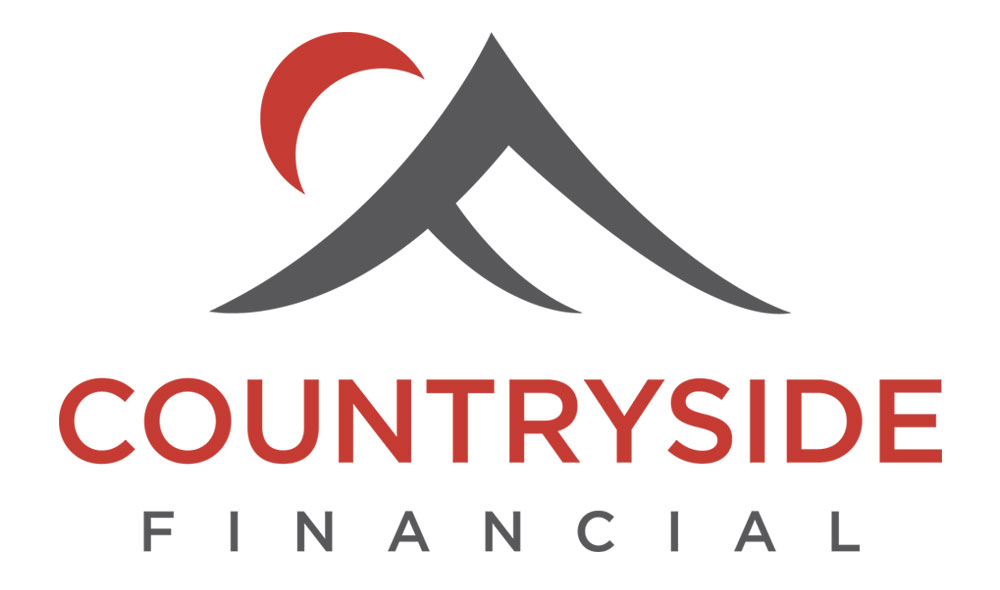Considering A Mortgage Refinance? Do it Before You Need It!
With job losses imminent and people fearing the mortgage process may grind to a halt, thousands of Canadians are rushing to refinance. That’s contributed to a lending surge we haven’t seen in ages.
People generally refinance for similar reasons, the most popular being switching to a lower rate (34%), moving to a new home (25%) and taking out equity (14%). That’s according to a recent Rates.ca survey.
But this year, we’re seeing more borrowers rush to refinance to give themselves a safety net by:
- Resetting their rate lower
- Lowering their payments
- Adding a Home Equity Line of Credit (HELOC)
- Pulling out equity ahead of potential job loss or property value reductions
If you’re one of the thousands considering a refinance, here are points to consider in a COVID-19 world:
- Stricter Employment Verification: If your job is not deemed essential by the government, the lender may make you prove you will not be laid off during the coronavirus shutdown. All verification documents are required upfront and will be re-verified right before closing.
- Refinances are Low Priority: Banks are still offering refinances, but they’re deprioritizing them behind purchases and maturity date transfers. That’s due to high demand and lending, appraisal and signing (legal) bottlenecks. It’s possible it could take 30 to 40+ days to close a refinance in this market, depending on the lender. The lower the lender’s advertised rate, often the busier they are and the longer it takes to close.
- Calculate Your Penalty: If you’re breaking an existing closed mortgage to refinance, you’ll pay a penalty. Check your mortgage contract and figure out how your lender will calculate your prepayment penalty. Penalties are generally 3-months’ interest on variable-rate mortgages and the greater of 3-months’ interest or the interest rate differential (IRD) on fixed-rate mortgages. Ask your bank or broker for your penalty cost.
- Shop Rates: Mortgage rates have climbed even though the Bank of Canada slashed its overnight rate by 1.5% points in March. The reason: investors are worried about bank risk. That’s forcing banks to pay more for the money they lend out. These “risk premiums,” as some people call them, may be temporary.
- Loan-to-Values (LTVs) Could Fall: If you live in an area that’s rural, overvalued or hard-hit by economic misfortune — like plant shutdowns or the oil industry collapse — your home value may come in lower than expected. When recessions approach, lenders and appraisers alike become more cautious. Lenders are especially conservative on lending values if your credit and income/ employment are below-average.
All this means … you want to apply for a refinance before you absolutely need one, and before property values fall.
Source: rates.ca
Candace Perko
Mortgage Broker
Countryside Financial
www.countrysidefinancial.ca























